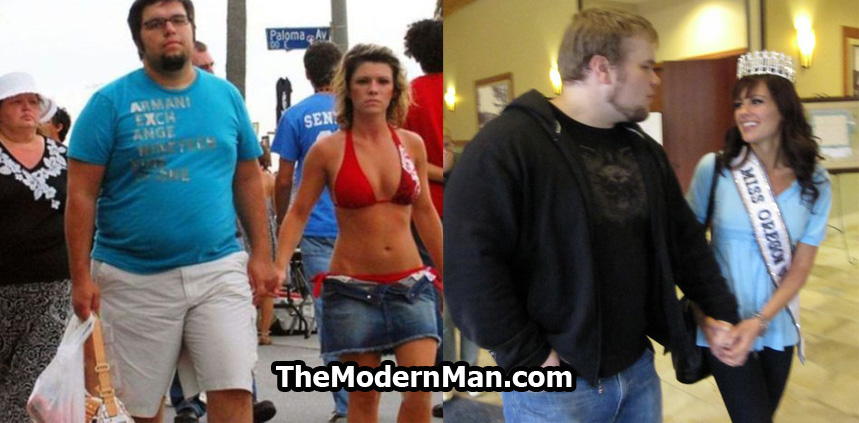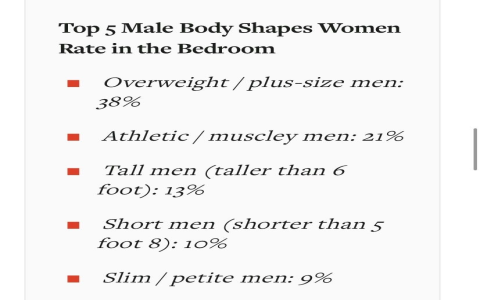The question of whether women find fat men attractive has long been a topic of curiosity, discussion, and occasionally, controversy. In a world where media often dictates beauty standards, it’s important to delve beyond the surface to explore real human preferences and the multifaceted aspects of attraction.
Attraction is a complex phenomenon driven by a myriad of factors including physical appearance, personality, socio-cultural background, and even personal experiences. While traditional views of male beauty have often leaned towards lean, muscular physiques, the notion of what constitutes an attractive body has been evolving.

One key aspect to consider is body positivity, a movement that has significantly influenced how people perceive body image. This movement encourages acceptance of all body types, advocating against the societal pressure to fit into one narrow definition of beauty. Here, attractiveness transcends traditional metrics like BMI; rather, it focuses on confidence, health, and personality. Women in this context might find fat men appealing due to their comfort in their own skin, which can be more attractive than physical attributes alone.
Moreover, psychological and emotional factors play a pivotal role in attraction. Studies suggest that traits such as kindness, humor, intelligence, and emotional maturity often rank higher in long-term partner preferences than mere physical appearance. A man’s body size might become less relevant when he embodies these desirable characteristics. For instance, a man who is jovial, empathetic, and supportive could be perceived as more attractive, irrespective of his weight.
Additionally, the concept of socio-economic status and power dynamics cannot be ignored. Historically, larger men were often associated with wealth, power, and leadership, attributes that could signal stability and success. While today’s socio-economic landscape is different, some of these historical associations might still subconsciously influence perceptions of attractiveness.
It’s also worth exploring media representation. Recent years have seen a shift with more inclusive portrayals of male body types in TV shows, movies, and advertising. Shows like "The Simpsons" with Homer Simpson or the animated film "Shrek" subtly normalize and even celebrate larger male figures. These characters are often depicted with strong, likable personalities, suggesting that fat men can indeed be central characters in love stories or comedies, thereby altering societal perceptions of who can be a romantic lead.
Another layer to this discussion is personal health and lifestyle. While being overweight can be associated with health risks, this isn’t universally true, and many people are overweight but lead healthy, active lives. Women might be drawn to a partner’s lifestyle, passion, and how they treat themselves, rather than simply their weight.
Furthermore, sexual attraction is highly subjective. What one woman finds appealing in a man might differ vastly from another’s preferences. Some might appreciate the warmth, the different tactile experience, or the unique aesthetic of a fuller body. There’s a spectrum of tastes in attraction, and it’s narrow-minded to assume that all women are drawn to the same physique.
In social settings, humor, social skills, and the ability to connect emotionally and intellectually often eclipse physical attributes. Women might find fat men charming because they exhibit these traits in abundance, making them not only attractive but also key players in forming deep, meaningful relationships.
The narrative around male attractiveness is expanding, pushing against the old guard of ‘ideal’ body images. Women are increasingly valuing authenticity over aesthetics, suggesting that attraction to fat men can be both a personal preference and a reflection of changing societal norms. The take-home message is clear: beauty lies in the eye of the beholder, and attraction involves a rich tapestry of qualities, where physique is but one thread. Ending on this note, it’s clear that fat men can indeed be attractive, as much for what they represent— confidence, humor, and authenticity—as for their physical form.




